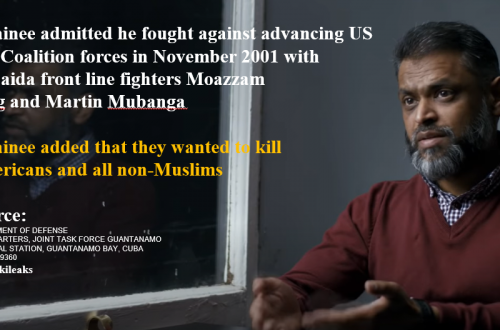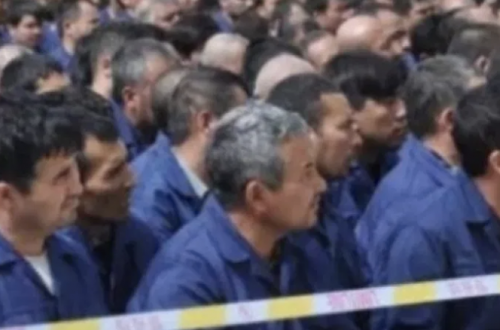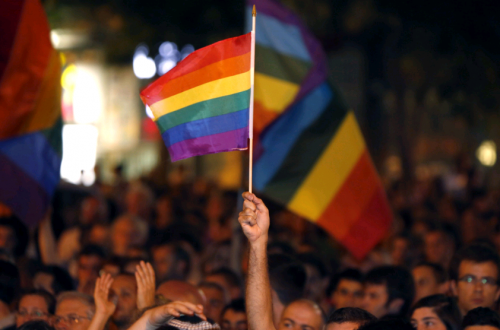A quick skim of comments in the Guardian suggests a strong degree of sympathy and support for Pamela Jones, following her announcement that Groklaw is to close down due to fears around government surveillance. (Groklaw is – or was – a website dedicated to issues of interest to the free and open source software community.)
I found it hard to take her floridly rhetorical valedictory blog post seriously. She offers a string of over the top comparisons, starting with an analogy between her experience of burglary and her fears about emails being intercepted:
I feel like that now, knowing that persons I don’t know can paw through all my thoughts and hopes and plans in my emails with you.
They tell us that if you send or receive an email from outside the US, it will be read.
This implies that all such emails will be read.
Then comes an egregious comparison with 9/11:
I cried for weeks, in a way I’ve never cried before, or since, and I’ll go to my grave remembering it and feeling it. And part of my anguish was that there were people in the world willing to do that to other people, fellow human beings, people they didn’t even know, civilians uninvolved in any war.
I sound quaint, I suppose. But I always tell you the truth, and that is what I was feeling. So imagine how I feel now, imagining as I must what kind of world we are living in if the governments of the world think total surveillance is an appropriate thing?
She then implies a parallel between her situation and that of Primo Levi by quoting from a book by Janna Malamud Smith, on privacy.
One way of beginning to understand privacy is by looking at what happens to people in extreme situations where it is absent. Recalling his time in Auschwitz, Primo Levi observed that “solitude in a Camp is more precious and rare than bread.” Solitude is one state of privacy, and even amidst the overwhelming death, starvation, and horror of the camps, Levi knew he missed it…. Levi spent much of his life finding words for his camp experience. How, he wonders aloud in Survival in Auschwitz, do you describe “the demolition of a man,” an offense for which “our language lacks words.”…
I was intrigued to read this response to PJ’s anguished farewell. Is the writer satirising her hyperbole here, or is he being serious?
While I respect Pamela’s judgement to go offline, I won’t be following her nor should you.
What revolution ever started and continued without innocent victims?
Would the march from Montgomery to Selma been the same if the police issued misdemeanor summons?
We know the use of Bull Connor‘s police dogs and fire hoses during the Children’s Crusade, lead to the passage of the Civil Rights Act of 1964.
The sacrifices of many nameless (to television viewers) victims gave the civil rights movement its moral impetus.
How could others turn away after watching victims simply accepting abuse?
The same will be true for the current police state. The longer it exists the more mistakes it will make and the more victims it will accumulate.
Innocent people going to be harassed, innocent people are going to lose their jobs, innocent people are going to die.
Without innocent victims, there will be no moral impetus to dismantle Obama‘s police state.
I have no idea. I suppose I just don’t grok Groklaw. Freedom and privacy are important issues, but Jones’s inflated rhetoric (like Greenwald’s) may not be the best way of persuading people there is a problem.


